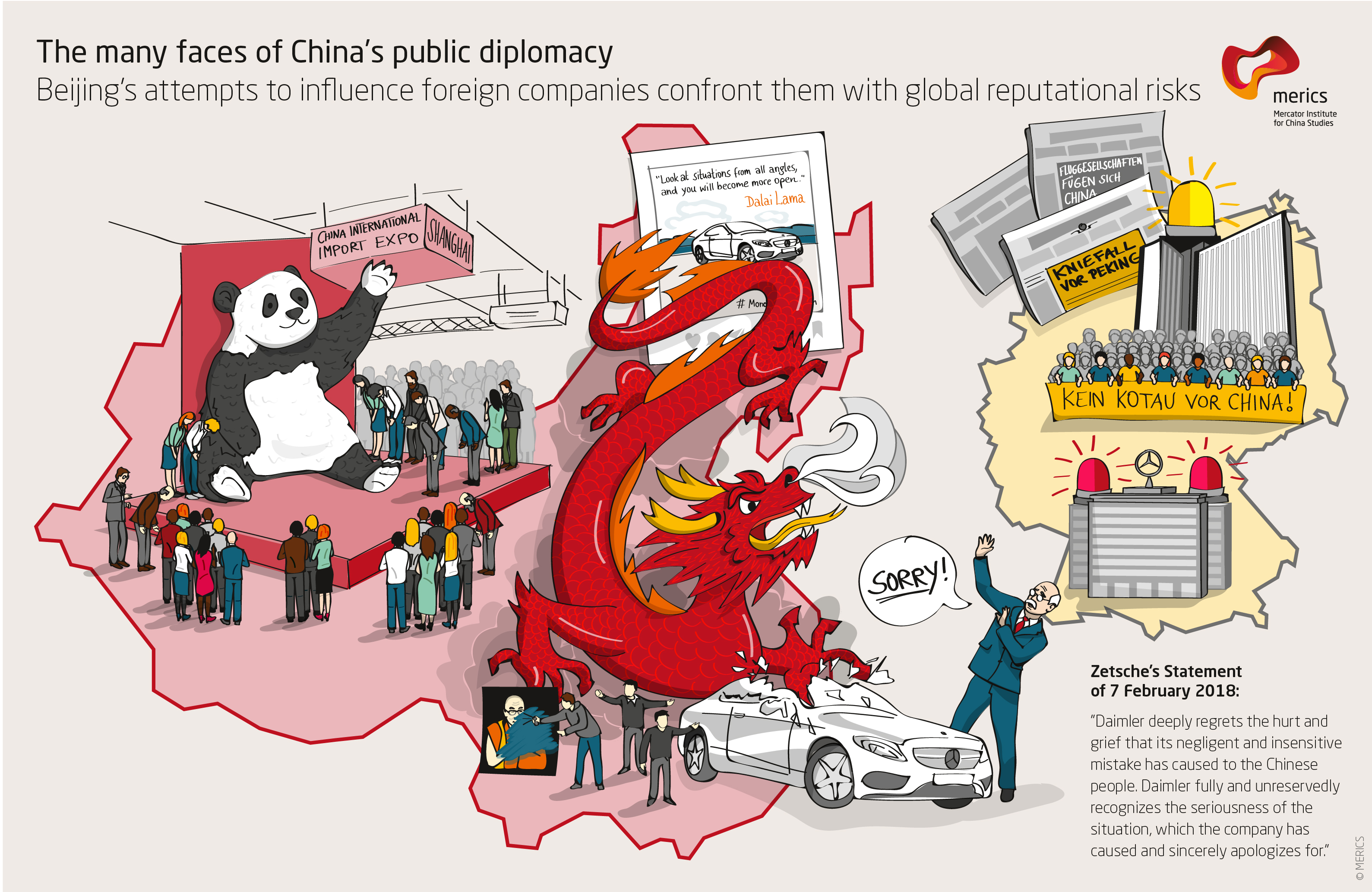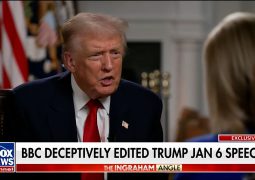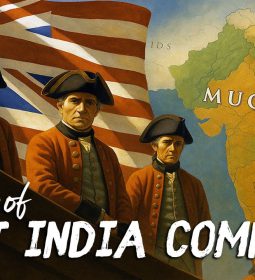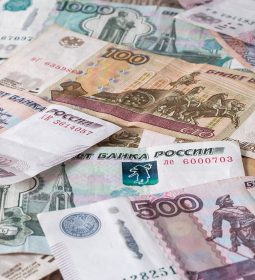What does Chinese diplomacy have in common with the legendary Monkey King?

Many virtues, says ex-envoy Cui Tiankai
- Cui says the Chinese style can distinguish between good and evil and is steadfast
- The world should be highly vigilant for ‘erroneous narratives’ about China that lead to misunderstandings, he warns
“Sun Wukong is loyal and steadfast, can distinguish between good and evil, and has strong abilities,” the official Guangzhou Daily quoted him as saying at the Understanding China Conference in the southern city of Guangzhou on Saturday.
The 16th-century Chinese novel Journey to the West is an East Asian literary classic and the Monkey King, one of its main characters, possesses supernatural powers, including immortality, invincibility, celestial strength and fighting skills.

The Chinese Academy of Sciences also named its first dark matter satellite probe Wukong, launched in December 2015, after the cultural icon.
At the conference on Saturday, Cui, China’s ambassador to the US from 2013 to 2021 and the person to hold the post the longest, also quoted a poem by chairman Mao Zedong that drew parallels between the Monkey King’s powers to dispel “demonic fog” and purify the world of evil, to the ability of Marxist-Leninist thinkers to counter criticism of their ideology.
“Although this [poem] was written more than 60 years ago, when I read it today, I still feel that he was talking about today’s world,” said Cui, adding that people should be “highly vigilant” of “erroneous narratives” about China.
Beijing has been viewed as pursuing an increasingly assertive foreign policy in recent years as relations with the US-led West have soured.
Cui said some of the erroneous narratives were “due to misunderstandings, and some were due to deliberate distortions … which hindered people’s correct understanding of China’s development strategy and foreign policy”
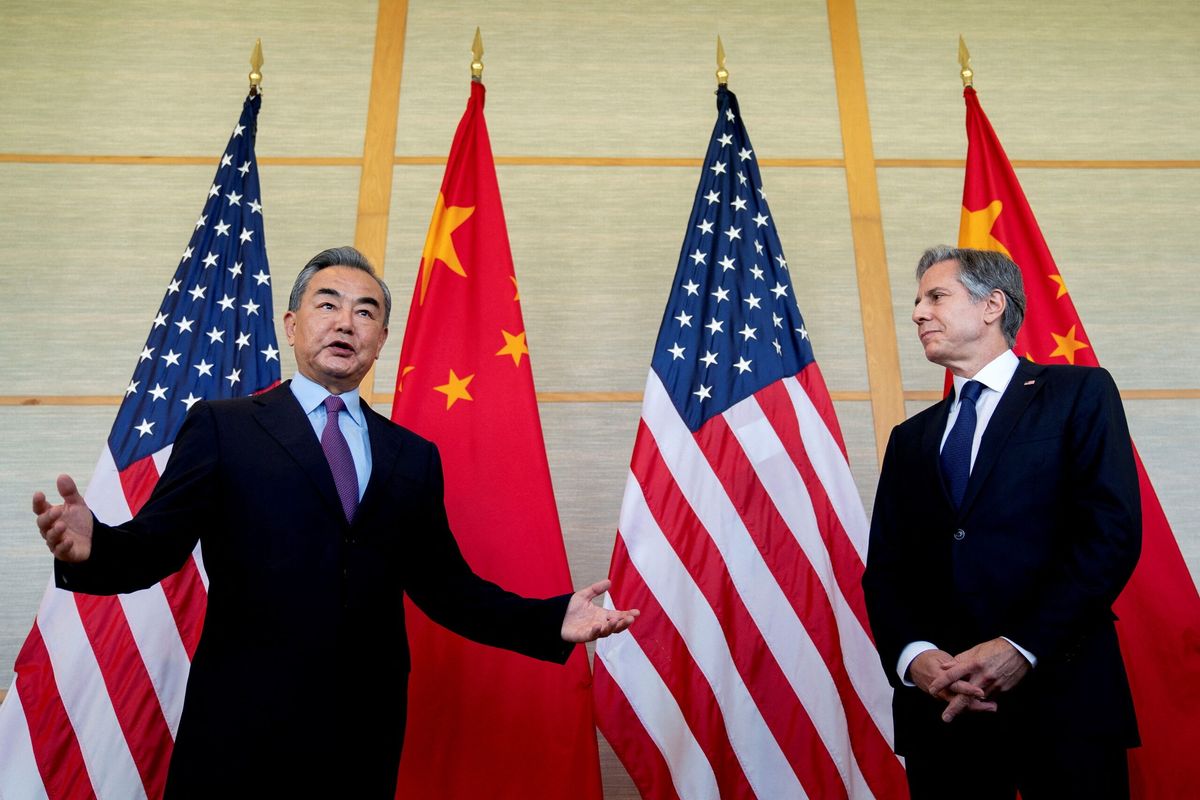
espite Beijing’s repeated statements about its goal of peaceful development, Cui said some people promoted the idea that China intended to compete with the United States for dominance.
“China will never be another America,” he said, suggesting that Beijing would never imitate Washington’s foreign policy, nor seek to replace the United States.
“We are against any attempt at hegemony, no matter where it comes from and who does it.”
Such false narratives had “incited confrontation”, “damaged relations between countries” and “hindered the development of human progress”, Cui said, adding that “narratives reflect perceptions, determine attitudes, and influence behaviour”.
“So [we] ask them to learn more, listen more, and attend more conferences on understanding China,” he said.
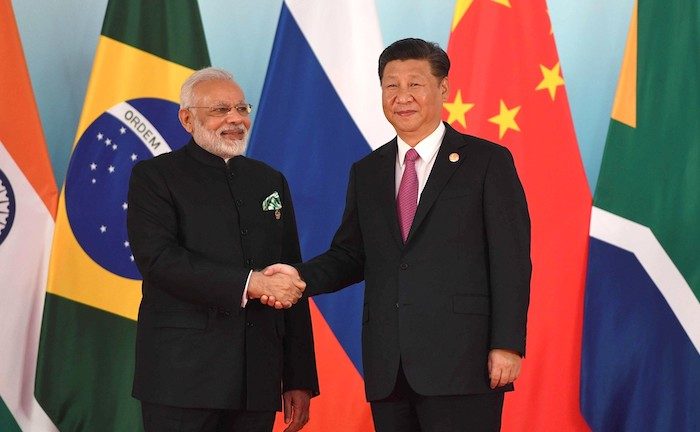
Cui concluded that diplomacy was more than a job – it was also an art with norms that had to be followed. Finding common ground between nations required “continuous effort”, he said.
Diplomats should understand the concerns, characteristics and people in the country where they were stationed, and strive to have that community understand China’s logic and respect its position, even if they disagreed, he said.
- Previous Uzbekistan supports UN resolution demanding Israel’s withdrawal from Syrian Golan Passes
- Next US reducing reliance on China forces Hong Kong exporters to sever business ties


